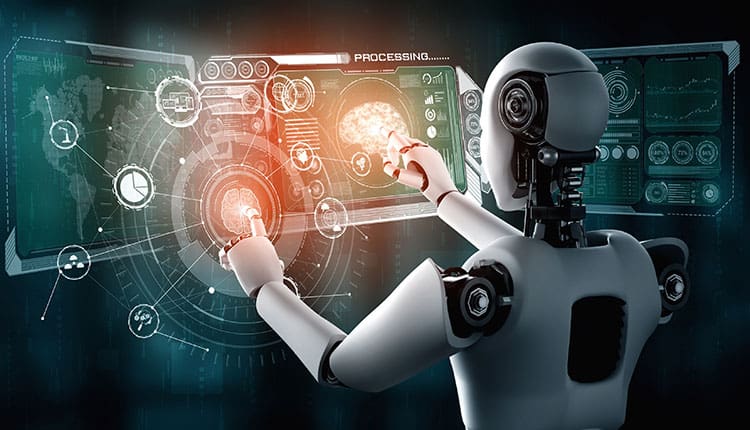
Some edited excerpts from the interview:
How have you seen the landscape of AI evolve over the years, and what significant changes do you anticipate in the near future?
Over the years, the landscape of AI has undergone remarkable evolution, marked by unprecedented advancements and innovations. We’ve witnessed a transition from basic machine learning algorithms to complex neural networks and deep learning models, enabling AI to achieve feats once deemed impossible. Looking ahead, I anticipate significant strides in areas such as natural language processing, computer vision, and reinforcement learning. These advancements will not only enhance AI’s capabilities but also drive its integration into various aspects of our daily lives, revolutionizing industries and societies alike.
From your perspective, what are the most exciting advancements in AI technology that we are currently witnessing?
The current advancements in AI technology are truly fascinating, with several breakthroughs capturing the imagination of technologists worldwide. One of the most exciting areas is the development of generative AI models, such as GPT-3, which have demonstrated unprecedented capabilities in natural language generation and understanding. Additionally, advancements in reinforcement learning, particularly in the field of autonomous systems and robotics, hold immense promise for revolutionizing industries like transportation and logistics.
What challenges do you believe are currently hindering the widespread adoption of AI, and how can these challenges be addressed?
Despite the significant progress made in AI technology, several challenges persist, hindering its widespread adoption. One of the primary challenges is the lack of interpretability and transparency in AI models, which can lead to issues of bias and ethical concerns. Additionally, there are challenges related to data privacy, security, and regulatory compliance, which pose significant hurdles to the deployment of AI systems. Addressing these challenges requires a multi-faceted approach, including the development of explainable AI techniques, robust data governance frameworks, and collaboration between industry stakeholders and policymakers to establish clear guidelines and regulations.
How do you see AI impacting various industries, and which sectors do you believe will be most transformed by AI in the coming years?
AI is poised to have a profound impact on virtually every industry, reshaping business models, operations, and customer experiences. Industries such as healthcare, finance, manufacturing, and retail are expected to undergo significant transformations due to AI-driven innovations. In healthcare, for example, AI-powered diagnostic systems and personalized treatment recommendations have the potential to revolutionize patient care. Similarly, in finance, AI-driven algorithms for risk assessment and fraud detection can enhance decision-making processes and improve overall efficiency.
What role do you envision AI playing in addressing societal challenges, such as healthcare, education, and environmental sustainability?
AI holds immense potential to address some of the most pressing societal challenges we face today, including healthcare, education, and environmental sustainability. In healthcare, AI-powered predictive analytics and personalized medicine have the potential to improve patient outcomes and reduce healthcare costs. In education, AI-driven personalized learning platforms can cater to individual student needs and enhance learning outcomes.
Additionally, AI can play a crucial role in environmental sustainability by optimizing resource utilization, monitoring pollution levels, and facilitating the transition to renewable energy sources. Overall, AI has the potential to drive significant positive change across various aspects of society, provided it is deployed ethically and responsibly.



